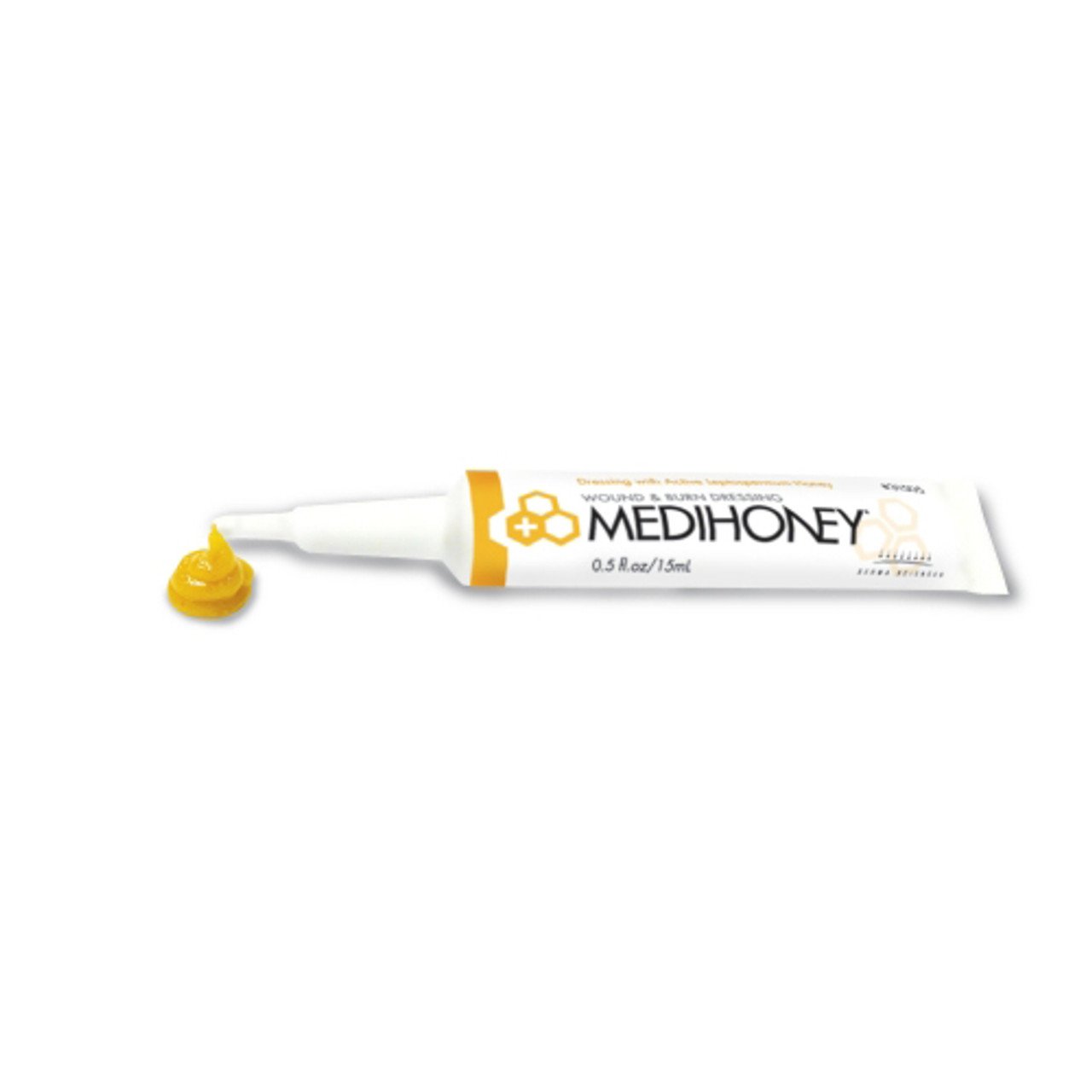
CHECK OUT THE HUGE CLEARANCE SALE
- Flat Rate Shipping $8.95
- Free Shipping for orders over $100
- Packages are sent by Australia Post with tracking
- We cannot be responsible for any Australia Post shipping delays.
- There is no exchange or refund on sale items.
Search Products
Shop











On the BLOG - Caring for Your Baby
Christmas is a beautiful time of year to show off your new baby to your family. All those extended Aunt’s Uncles and Grandparents ready for a snuggle with your sweet baby!
This is all absolutely wonderful, however did you know that the highest incidence of mastitis is on Boxing Day? The day after big events is a really common time for mastitis to occur.
Why does this happen? At home, Mum and Baby do lots of regular, frequent feeds, often taking their time and having lots of boobie snuggles. But when your baby is being passed around and held by everyone else, maybe being kept quiet or asleep in those loving grandma arms, you may find that you accidentally skip a feed, or you feel bad taking the baby back, so you go longer between feeds. Another thing that can happen to our lovely Mums who are doing a million things, organising all the joy, presents and food, is that we get a bit burnout and don’t get enough rest or food and hydration for ourselves.
Everyone plans for birth, attends birth and breastfeeding classes and sets themselves up for that big moment in time.
But did you know that 1 in 4 women and 1 in 10 men experience perinatal mood disorders. Planning in the antenatal period for your postpartum mental health is as essential as planning for your birth. Don’t just make a birth plan, make a mental health plan as well. Take some time to consider how you might best prepare and support your mental health. Read the below and then download and complete the mental health plan while you are pregnant.
Trying to work out why your 3-4 month old is acting batcrap crazy and waking up at night all over again?! Feel like you had it all worked out and now it’s all changed?Well, so is every other Mum and Dad! Rest assured it is super normal and here’s what is happening.
The first thing you need to do is reframe it from the dreaded “4 month regression” to a developmentally normal progression. Because it is a big one!
Let’s look at what’s happening developmentally for your baby:
Exclusive pumping is absolutely still breastfeeding. Don’t compare yourself to other Mums! Your output is not the only thing that matters. Remember you are providing your baby with amazing nutrition and you are doing great job. You are doing what is right for you and that is all that matters.
Breastmilk supply in the vast majority of women is abundant and in perfect amounts for your growing baby. However, in some cases, low milk supply can be an issue and close investigation is needed to determine the cause and implement remedies. It can be categorized into two categories, there could be an initial low milk supply due to the birth or events surrounding the birth or there can be true low milk supply and it is important to distinguish between the two. Initial low milk supply can usually be managed and corrected with some hard work and close monitoring but true low supply due to physiological reasons may need ongoing supplementation. The sooner initial low supply is caught and corrected the better the long-term supply outcomes.
Tongue tie or Ankyloglossia as it is officially known, is when a piece of frenulum (tissue) that holds the bottom of the tongue, to the floor of the mouth is too short or tight. There is also lip tie or labial frenulum or buccal / cheek ties. But more on those later.
Everyone has frenulum, but in some babies, that piece of tissue can be really tight, thick or forward closer to the tip of the tongue, restricting its ability to move freely, to lift, to cup and hold nipple, to obtain a deeper latch and to effectively transfer milk. All key ingredients in breastfeeding.
This can lead to some or all of the following feeding symptoms:
Breastfeeding, like anything related to parenthood, comes with a ton of advice and opinions! A lot of it is incorrect and sometimes downright dangerous! Here are 12 myths I would love to dispel!
This years world breastfeeding weeks theme is all about making a difference to working parents.
With that in mind, here are 6 of my tips for planning for returning to work.
When breastfeeding doesn’t work out.
Birth and breastfeeding are emotional times in a woman’s life and come with a weight that is deeply personal. Women will carry and tell their birth story over and over and it will stick with them throughout their life. Similarly, a breastfeeding journey can also be full of emotions. So when breastfeeding doesn’t work out, it can leave a lasting impact. So with that in mind, I want you to know:
There isn’t always one obvious cause of mastitis. Some of the detective work we have to do is asking lots of questions about your history. There can be some strange things that make someone unfortunately more susceptible to mastitis. There are the obvious ones, not fully draining the breast, skipping feeds or a poor latch. But sometimes a perfect storm of stress, trauma coming to surface, lack of sleep, poor snacking habits and a body prone to inflammation can trigger it. As always, seek help and try to be aware of what might be triggering for you so that you can take steps to manage your situation.






















